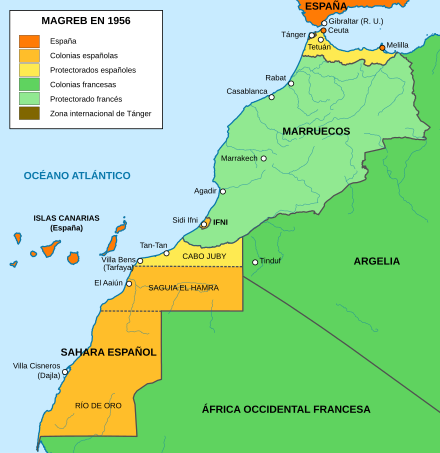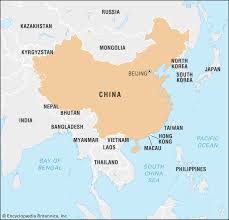
Continuing with this series of articles on the Competitiveness Compass announced by Von der Leyen a few days ago (I hope that this one and one last one will be the end of the tetralogy), the Commission is also announcing an investment plan for sustainable transport including a plan for a European high-speed rail network, as well as a strategy for ports and maritime industry.
But, as with everything mentioned above, it is not very credible and is also contradictory to the decisions and regulations that, with the excuse of the climate, were approved by the Grand Coalition of conservatives, socialists, liberals and greens. For example, the strict environmental regulations on maritime transport have already led to multinational companies fleeing to the port of Tangiers in Morocco instead of Algeciras (Spain), which seems like a shot in the dark without any strategy other than repealing all the damage done in the last term of office.
Another aspect on which the Commission seems to be backing down — despite the damage already done to European companies — would be that relating to the so-called Carbon Border Adjustment Mechanism; a covert tariff in the form of climate protection. So, although they say they are looking to review and simplify it, in reality they are also considering a possible extension to new sectors and products as well as measures to address the impact on exports of relevant goods, so that perhaps, after all the talk, it will come to nothing.
Finally, the Commission’s document proposes the creation of a circular economy law to act as a catalyst for investment in the recycling industry and to encourage European industry to substitute virgin materials and reduce waste and the burning of raw materials; although it must be mentioned that Spain already has a Circular Economy Law, which was supposedly brought forward to meet EU targets from 2022, and that the all it has produced is regulatory chaos, confusion and new taxes on citizens, such as the so-called waste tax.
There is no doubt that – excluding extreme positions of greens, socialists and some of the so-called liberals – the European economy is in a situation of excessive dependence on international markets, on the economies of third countries; which undoubtedly produces a situation of insecurity for economies and citizens.
It is no good congratulating ourselves on having the largest network of free trade agreements if the result of their implementation does not benefit Europeans and companies. I agree with the Commission that having a large number of trading partners helps to avoid supply problems in raw materials and energy, which is a good thing, as it is a lesson learnt from dependence on Russian gas; but this cannot lead us to conclude that we can build our economic model on international agreements, but rather that we must proceed to increase our own production in all strategic sectors. And strategic means everything from agriculture, livestock and fishing to defence and the naval sector, energy and so-called critical raw materials.
 What has been said so far is on a European level; but if we look at southern Europe, what is an opportunity can also be a risk. The new Mediterranean Pact is intended to be an ambitious cooperation agreement on energy and clean technologies, which will be beneficial if it is approached on a level playing field and based on reciprocity, and not as another mechanism for relocating energy production to North Africa, even if employment and other production costs are cheaper there, because it can increase dependence. We shall see.
What has been said so far is on a European level; but if we look at southern Europe, what is an opportunity can also be a risk. The new Mediterranean Pact is intended to be an ambitious cooperation agreement on energy and clean technologies, which will be beneficial if it is approached on a level playing field and based on reciprocity, and not as another mechanism for relocating energy production to North Africa, even if employment and other production costs are cheaper there, because it can increase dependence. We shall see.
What we know so far is that in recent decades investments and cooperation agreements with third countries have backfired on European economies; whether it be Morocco with Spain, or China with the whole of Europe, but especially with Germany’s industrial might.
For this reason, we would welcome, if it happens, the introduction of a European preference in public procurement for strategic sectors and technologies; this should be extended to all economic sectors where the product or service of third countries does not compete in European markets under equal conditions.



 Subscribe
Subscribe